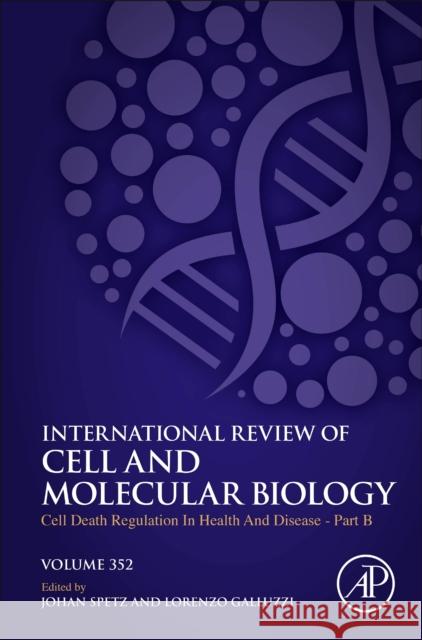Cell Death Regulation in Health and Disease - Part B: Volume 352 » książka
topmenu
Cell Death Regulation in Health and Disease - Part B: Volume 352
ISBN-13: 9780128199299 / Angielski / Twarda / 2020 / 277 str.
Kategorie:
Kategorie BISAC:
Wydawca:
Academic Press
Język:
Angielski
ISBN-13:
9780128199299
Rok wydania:
2020
Numer serii:
001079195
Ilość stron:
277
Waga:
0.48 kg
Wymiary:
22.86 x 15.24 x 1.42
Oprawa:
Twarda
Wolumenów:
01
Dodatkowe informacje:
Bibliografia











